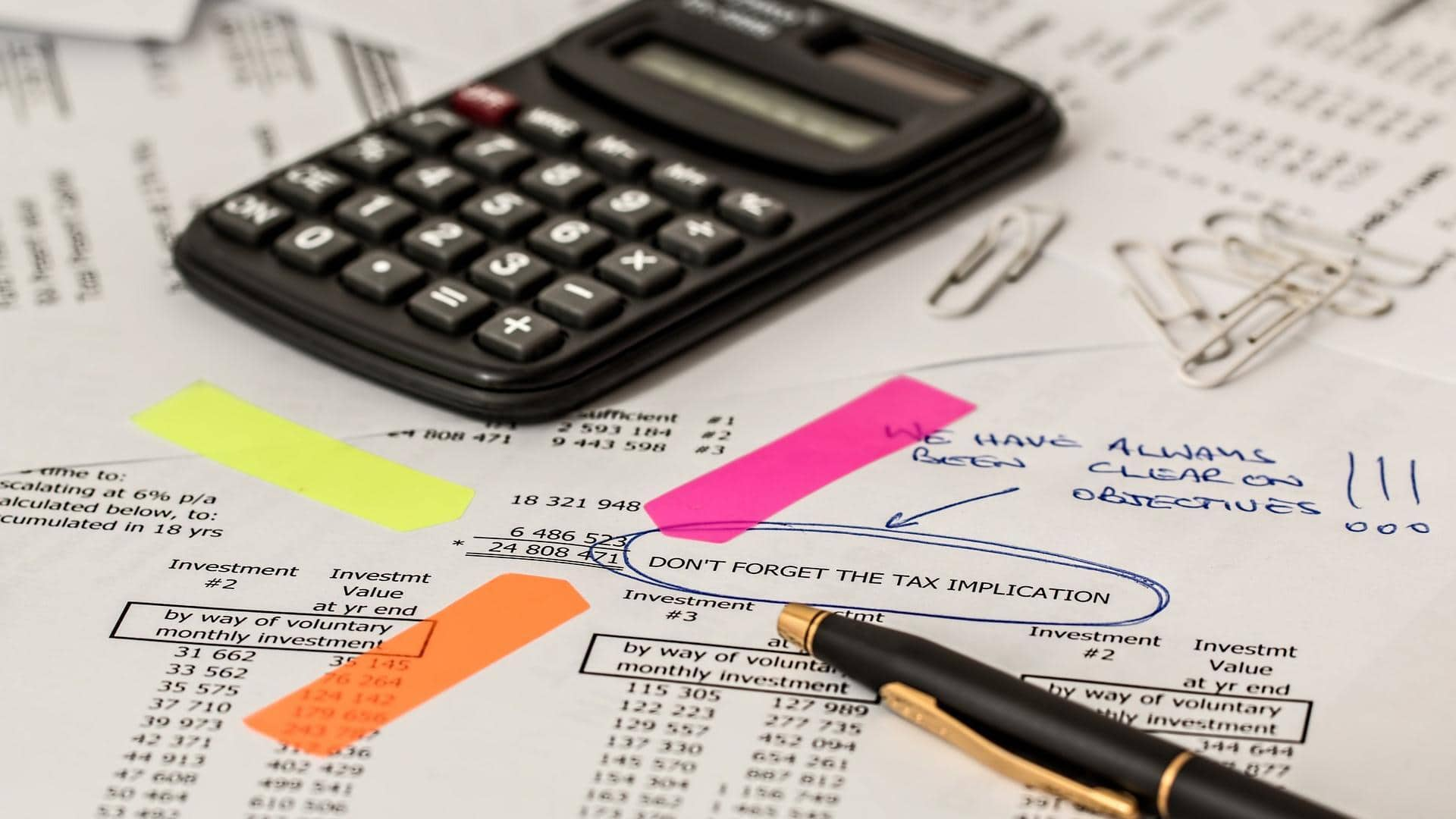
Explained: Why MP government won't pay income tax for ministers
What's the story
The Madhya Pradesh Cabinet has decided that state ministers will now shoulder their own income tax burden. This decision effectively nullifies a 1972 rule that allowed the state government to pay these taxes on behalf of the ministers. The proposal was initiated by Chief Minister Mohan Yadav, who stated in a cabinet meeting that "ministers should pay their own income taxes on allowances, rather than the state government covering these taxes."
Controversy erupts
Opposition criticizes decision, finance officials defend
The decision has sparked controversy, with Congress state president Jitu Patwari criticizing the government's focus. Patwari argued that the government should instead concentrate on "reducing wasteful expenditure on items such as airplanes, official bungalow decorations, and luxury cars." Despite this criticism, finance department officials defended the move as a means to achieve "direct financial savings for the state" and allow for "better allocation of resources toward development projects and public services."
Historical context
Previous rule, similar precedents in other states
The now-repealed rule was part of section 9K of the MP Ministers (Salary and Allowances) Act, which stated that "No income tax shall be levied on any Minister, Minister of State, Deputy Minister, or Parliamentary Secretary for all allowances payable to them." Notably, in 2019, Uttar Pradesh amended its law exempting ministers from paying tax. Similarly in 2022, Himachal Pradesh declared that all ministers and MLAs would pay their own income tax.